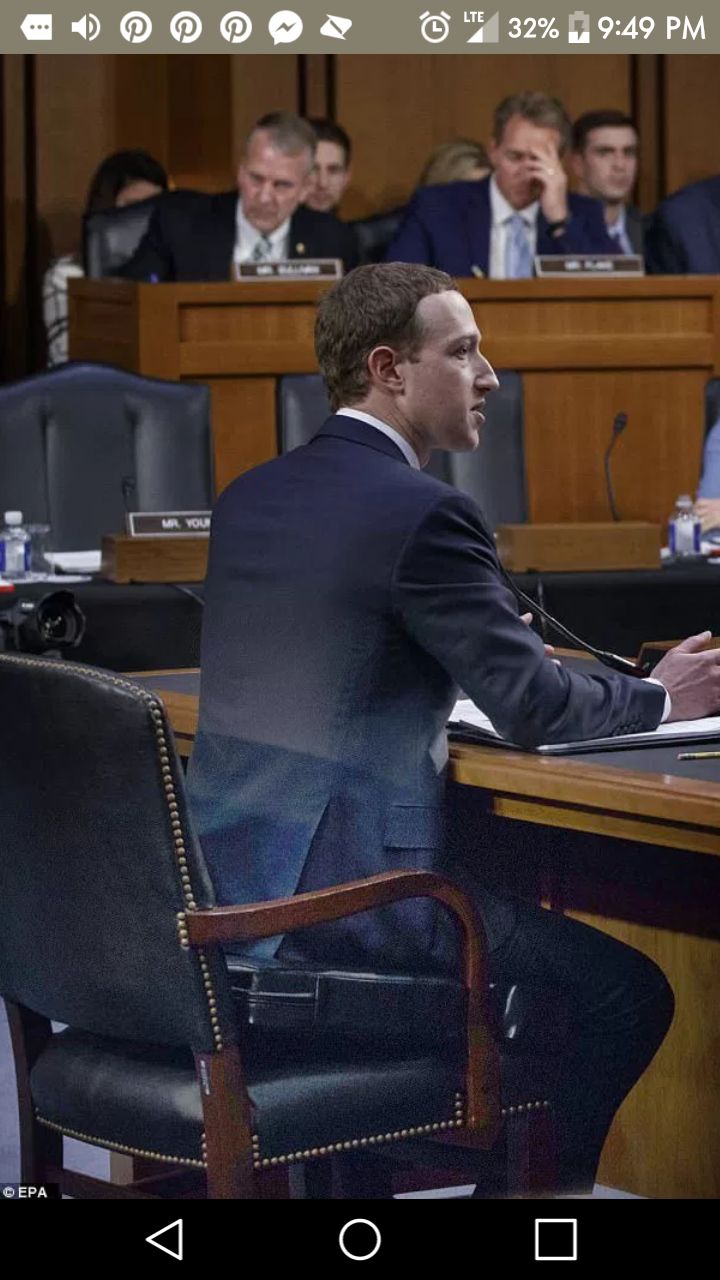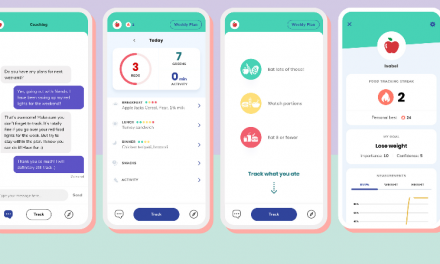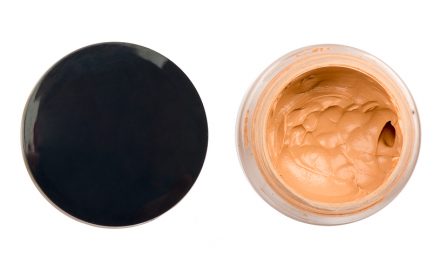This week, Mark Zuckerberg found himself in front of Congress twice to answer questions about the company’s data collection practices and the need for new regulation, in the wake of the Cambridge Analytica data scandal.
RELATED STORY:
Although Zuckerberg apologized in the previous hearing for Facebook not taking “a broad enough view”1 of its responsibility to users (I don’t believe for one minute he or the corporation is sorry) he “faltered somewhat”2 on Wednesday. When Rep. Frank Pallone, a Democrat from New Jersey, asked him for a “yes” or “no” about “whether Facebook would commit to changing its default settings to minimize data collection ‘to the greatest extent possible,” Zuckerberg responded by saying “This is a complex issue that deserves more than a one word answer.” 3
- During the discussion, multiple legislators questioned whether “Facebook’s data policies with third-party apps violated a 2011 agreement with the Federal Trade Commission after a prior privacy complaint.”4 If that is the case, Facebook could be looking at series fines. (The FTC has already begun its investigation of the social media platform.)
- Rep. David McKinley chastized Zuckerberg and Facebook for “hurting people” by allowing for the illegal sale of opioids on the site
- Rep. Kathy Castor pressed Zuckerberg hard on whether and how Facebook tracks users after they are off the platform.
- And Rep. Ben Luján got Zuckerberg to admit that Facebook collects data from some people who have not signed up for the social network “for security purposes.”
After going over a long list of Zuckerberg’s apologies from year’s past, Rep. Jan Schakowsky, D-Illinois, concluded that Facebook being allowed to self-regulate wasn’t working. (But do you really want the government to regulate the internet? Isn’t that like regulating free speech?)
RELATED STORY:
In both hearings, legislators also questioned Zuckerberg about the platforms potential monopoly power. However, Zuckerberg was quick to point out that the average American uses eight apps each day to stay connected to people, although it’s unclear just how many of those apps are owned by Facebook.
What do you think about these hearings and the scandal? Has it changed the way you use Facebook?












